A Bach Keyboard Extravaganza
Friday, June 25 at 7 pm, virtual
Free performance
A Bach Keyboard Extravaganza is an immersive one-hour virtual concert film, performed by the acclaimed American harpsichordist and organist Matthew Dirst. Featuring solo harpsichord and organ music interspersed with lively spoken commentary on the instruments and music, the performance will focus on works of J.S. Bach alongside music by key contemporaries.
Winner of major international competitions on both instruments, Dirst is Artistic Director of Ars Lyrica Houston, a Grammy-nominated period instrument ensemble that presents a broad range of musical activities, from bilingual educational programs to fully staged operas. His program will be prerecorded at Rienzi, the European Decorative Arts Museum of the Museum of Fine Arts, Houston, and at St. Philip Presbyterian Church in Houston, using two notable and visually stunning instruments: a German-style harpsichord by John Phillips (2020) with decoration by Janine Johnson, and a 48-stop mechanical action organ built by Paul Fritts (2010). Filming is used to full advantage, focusing on details of the instruments and their surroundings. Specially recorded in May 2021, the film is a co-production between the Baroque Music Festival, Corona del Mar (artistic director violinist Elizabeth Blumenstock) and Ars Lyrica Houston. It is funded by a cultural arts grant from the City of Newport Beach, CA.
A co-production of the Baroque Music Festival, Corona del Mar (artistic director Elizabeth Blumenstock) and Ars Lyrica Houston (artistic director Matthew Dirst). Co-presented by the San Francisco Early Music Society.
This project was made possible by a cultural arts grant from the City of Newport Beach, CA.
Watch Here
Remember, the concert broadcast will not begin until June 25 at 7 pm or a little after. Before then, the video will show a countdown timer on the bottom left. To leave a comment and interact with Ars Lyrica audience members, staff, and musicians, watch on YouTube.
On the program
J.S. Bach, Two Cantata Transcriptions, transcribed by M. Dirst
Ich steh mit einem Fuß im Grabe BWV 156/1
Valet will ich dir geben BWV 95/3
Johann Ludwig Krebs, Trio in E-flat Major
Adagio – Un poco Allegro
J.S. Bach, Prelude and Fugue in A Minor BWV 865
Nikolaus Bruhns, Praeludium in G Major
J.S. Bach, Prelude and Fugue in B-flat Major BWV 866
Nicolas de Grigny , Excerpts from the Livre d’Orgue
Dialogue à 2 Tailles de Cromorne et 2 dessus de Cornet
Dialogue de Flûtes
Dialogue sur les Grands jeux
J.S. Bach, Prelude and Fugue in E-flat Major BWV 852
Run time
60 minutes, no intermission
Support Ars Lyrica
If you’d like to further show your support, you may make a tax-deductible donation online by clicking the button below.
Or send a check to:
Ars Lyrica Houston
4807 San Felipe Ste 202
Houston, TX 77056
About the Artist
Matthew Dirst, harpsichord and organ
Ars Lyrica Artistic Director Matthew Dirst, recently described in the Washington Post as an “efficient, extremely precise conductor who has an ear for detail,” is the first American musician to win major international prizes in both organ and harpsichord, including the American Guild of Organists National Young Artist Competition and the Warsaw International Harpsichord Competition.
Widely admired for his stylish playing and conducting, Dirst leads a period-instrument ensemble with several acclaimed recordings, one of which—J. A. Hasse’s Marc Antonio e Cleopatra—was nominated for a Grammy Award in 2011 for Best Opera. His degrees include a PhD in musicology from Stanford University and the prix de virtuosité in both organ and harpsichord from the Conservatoire National de Reuil-Malmaison, France, where he spent two years as a Fulbright scholar. Equally active as a scholar and as an organist, Dirst is Professor of Music at the Moores School of Music, University of Houston, and Organist at St Philip Presbyterian Church in Houston. His publications include Engaging Bach: The Keyboard Legacy from Marpurg to Mendelssohn (Cambridge University Press, 2012) and Bach and the Organ (University of Illinois Press, 2016).






